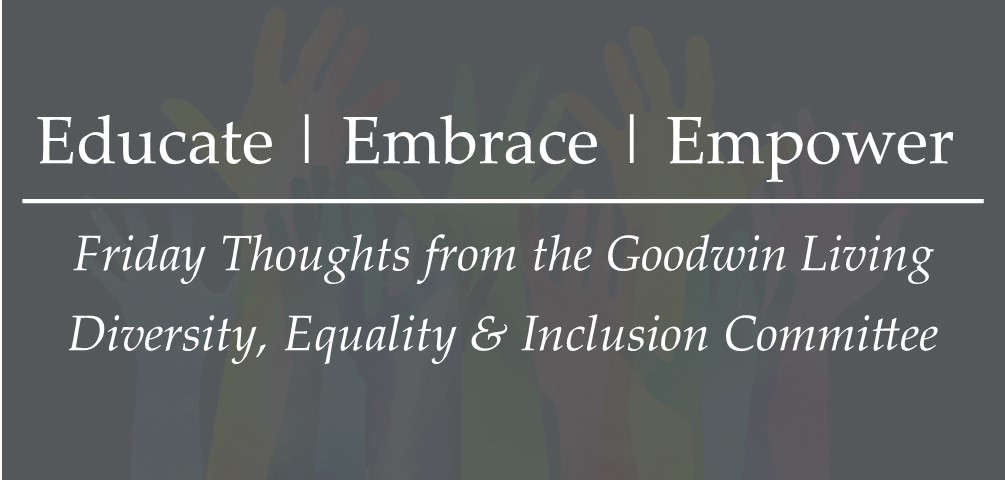
Diversity Equity Inclusion & Belonging - September 29, 2023
by Michele Zimmer-Forster LCSW
“Problem drinking” is using alcohol in a way that can negatively impact your health and your life, but the body is not physically dependent on the substance. On the other hand, “Alcoholism”, most likely includes the physical addiction to alcohol in addition to the problems it may cause your health and your life. “Alcohol abuse” does not necessarily mean you are addicted to alcohol, but it is the pathway to addiction. Anybody who creates a habit of drinking any type of alcohol may be at risk for one of these conditions.
Recovery is the process that men and women engage in who have discovered—and admitted that they cannot consume alcohol. For life. They have learned they must live without it to avoid a disaster for themselves and those close to them.
Recovery is an active process that lasts a lifetime.
I learned about these terms through the testimony of an older adult who has been in recovery since adulthood and who relapsed three times before becoming aware that alcohol was interfering with their life.
They knew they had a problem long before they would admit to it.
How? They would miss work and could not fulfill social obligations. At first, people did not notice, or did not want to say anything because they did not know what to say or did not care because the changes were subtle.
For the person I interviewed, a turning point was that people at their work began noticing their erratic behavior. Soon enough, this person had to do something because their employer gave them a warning and they wanted and needed to keep their job. Alongside the warning, their employer referred them to the Employee Assistance Program of their agency.
Utilizing this assistance, they agreed to undergo in-patient rehab in a local psychiatric institute that had an alcohol rehab program and began attending Alcoholic Anonymous (A.A.) meetings. They stopped drinking, left A.A. and returned to work. They were sober for a whole year, thinking they were cured.
And then they started drinking again. Their employer stepped in again, and asked them to undergo treatment again and attend A.A. meetings, which they did.
And soon enough, they relapsed once more. They went to treatment and attended A.A., became sober and convinced they could beat this alcoholism. And relapsed again.
This time, their employer gave an ultimatum. They realized they could not be successful on their own and returned to A.A.
A.A. and its Twenty-Four Hours a Day plan was a lifesaver, the person I interviewed explained. At A.A meetings, there are no pledges taken. Instead attendees concentrate on keeping sober (refraining from drinking alcohol) through just the next 24-hours. If they feel the urge for a drink, they neither yield nor resist; they simply put off taking that particular drink until tomorrow.
A.A. works through the experience of other alcoholics. There are no classes or courses taught by professionals or people who have not been in the attendees’ shoes.
The person offering this testimony is still attending A.A. meetings regularly every week and believes that is the only reason they have remained sober.
If you are dealing with concerns about alcohol consumption, I encourage you to utilize one of the resources listed below.
_______________________________________________________
Goodwin Living DEI Committee: Statement of Purpose: Educate, Embrace, and Empower team members, residents, members* and all served by Goodwin Living to support Diversity, Equality and Inclusion.
Goodwin Living DEI Committee Desired Outcome: The Diversity, Equality, and Inclusion Committee (DEI) will seek open and honest communication and collaboration that will inform and celebrate the age, culture, ethnicity and sexual orientation of team members, residents, members* and all served by Goodwin Living without bias. *Members include Priority Club members and Goodwin Living At Home.
Questions or comments? Please contact us DEI@GoodwinLiving.org.
